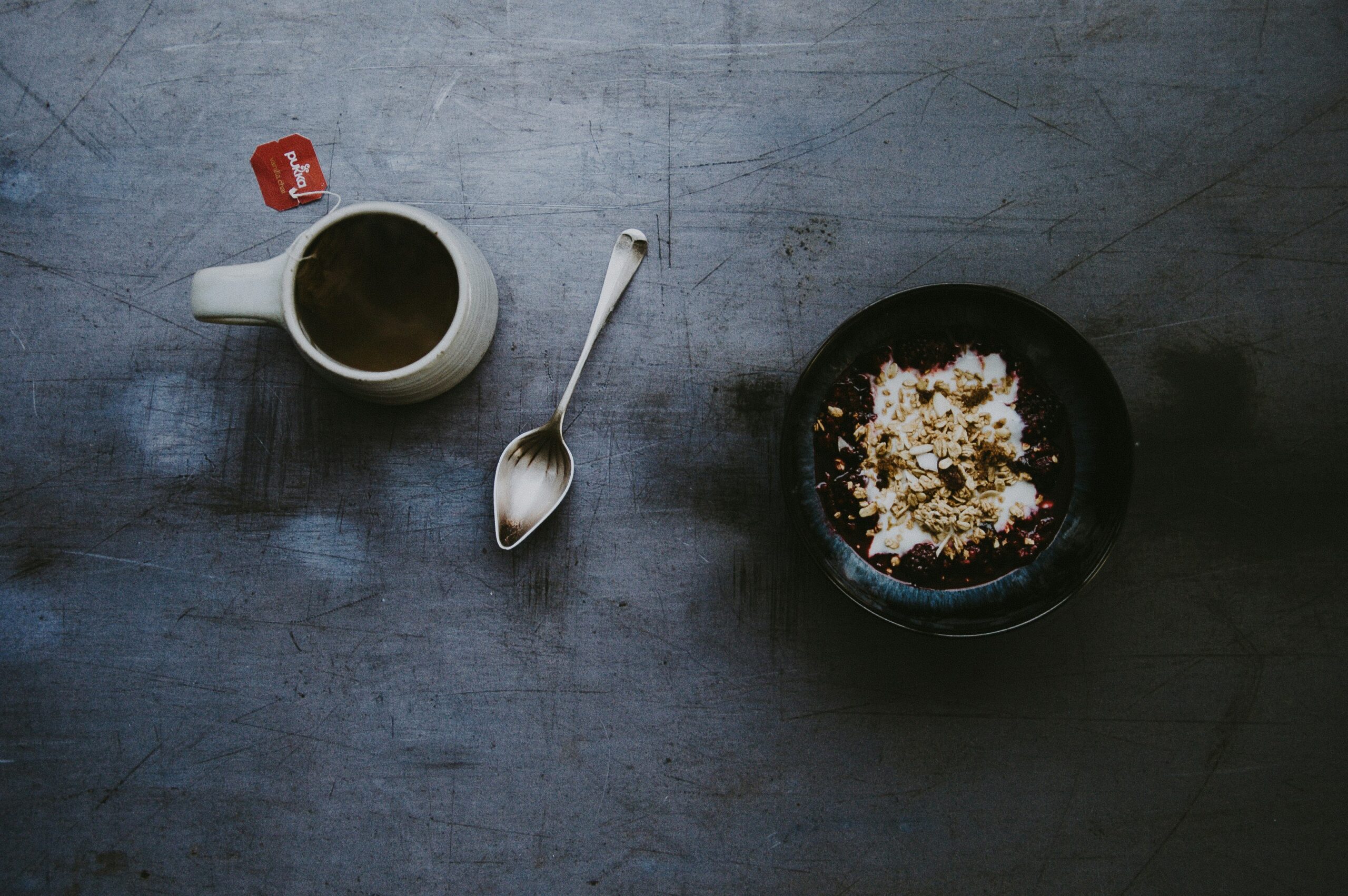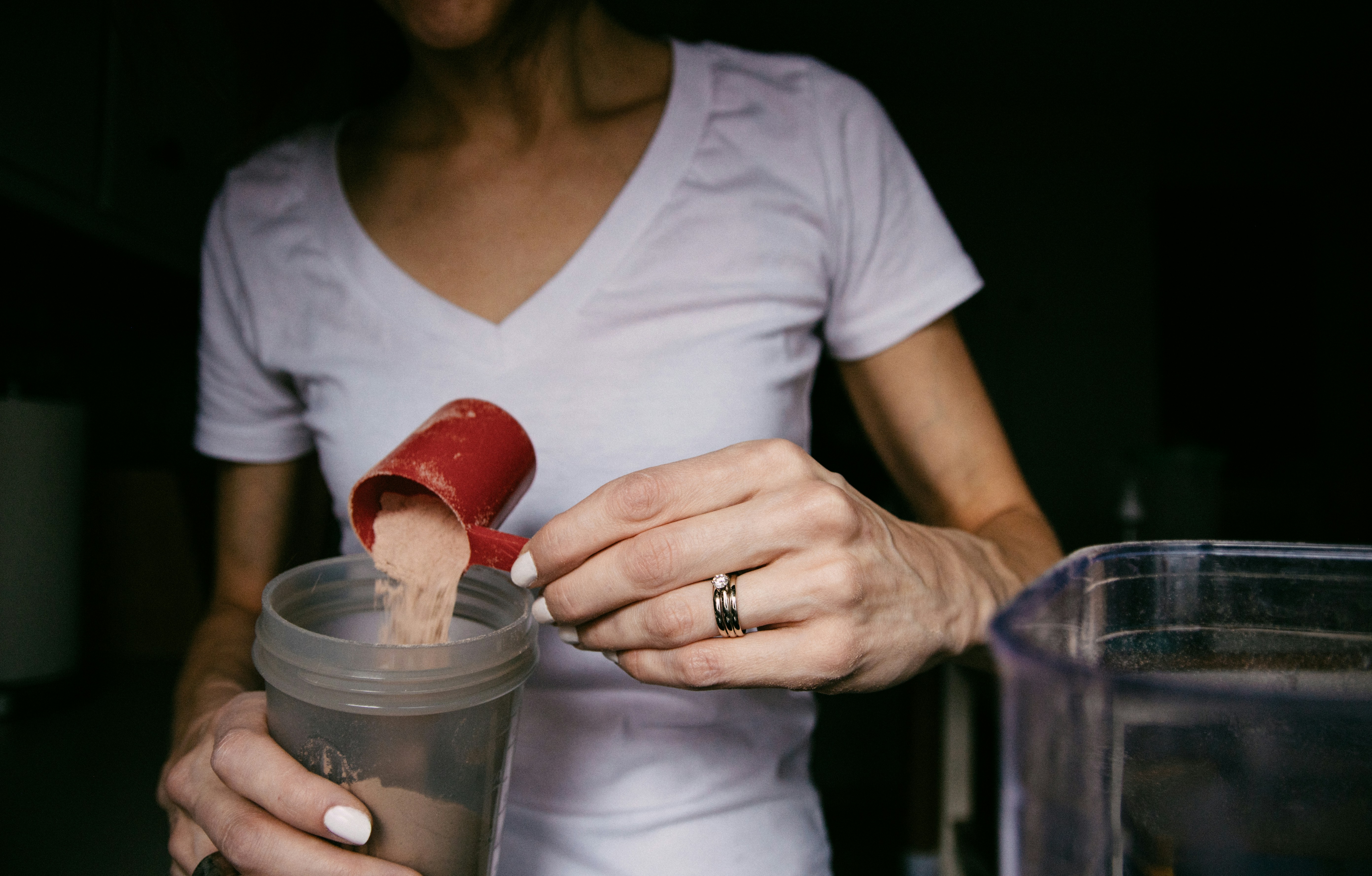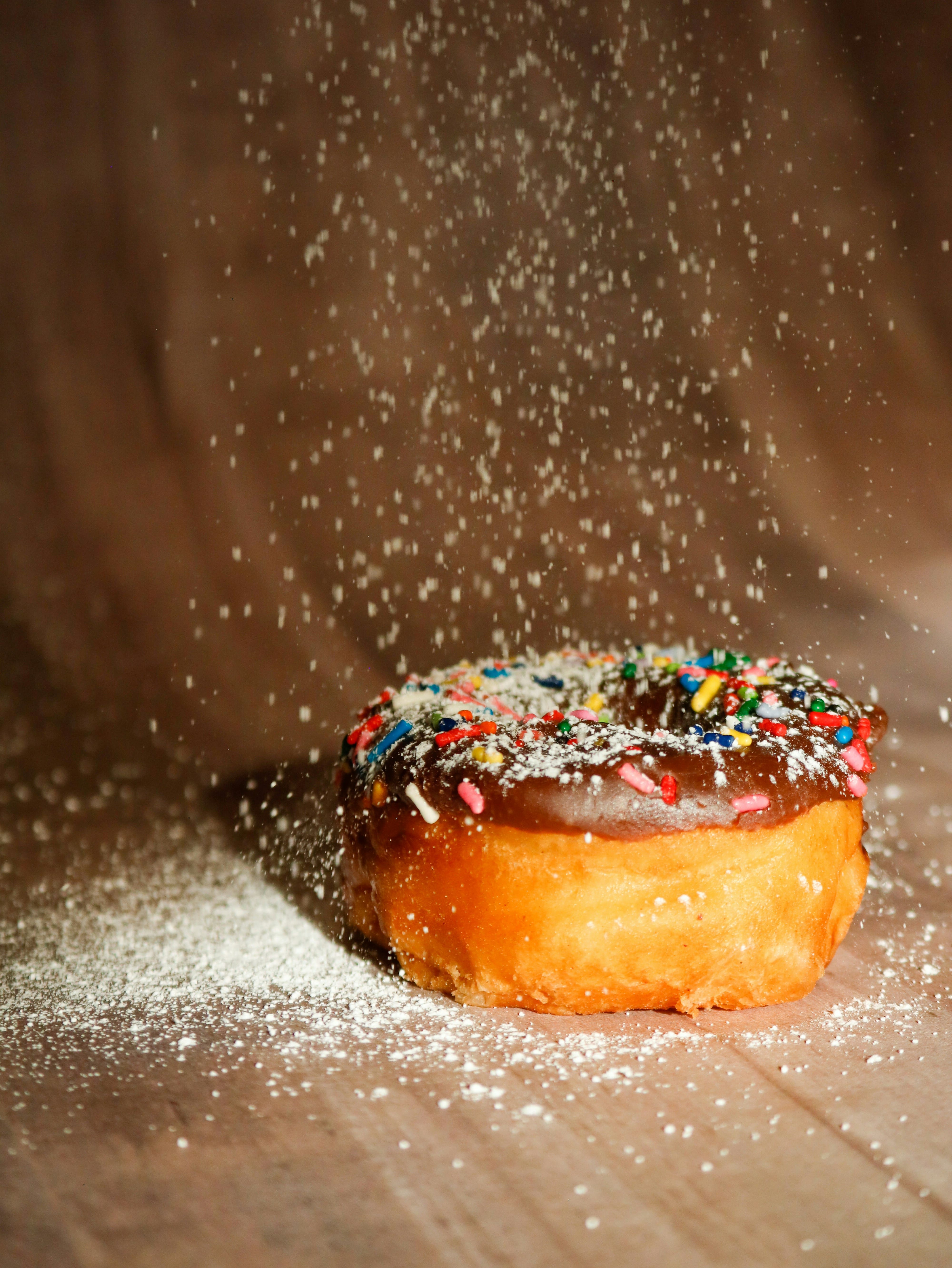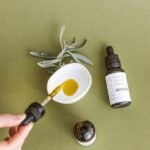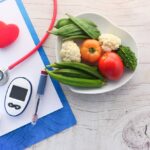Now Reading: Foods to Avoid During Addiction Recovery: Fueling a Stronger, Healthier You
-
01
Foods to Avoid During Addiction Recovery: Fueling a Stronger, Healthier You
Foods to Avoid During Addiction Recovery: Fueling a Stronger, Healthier You
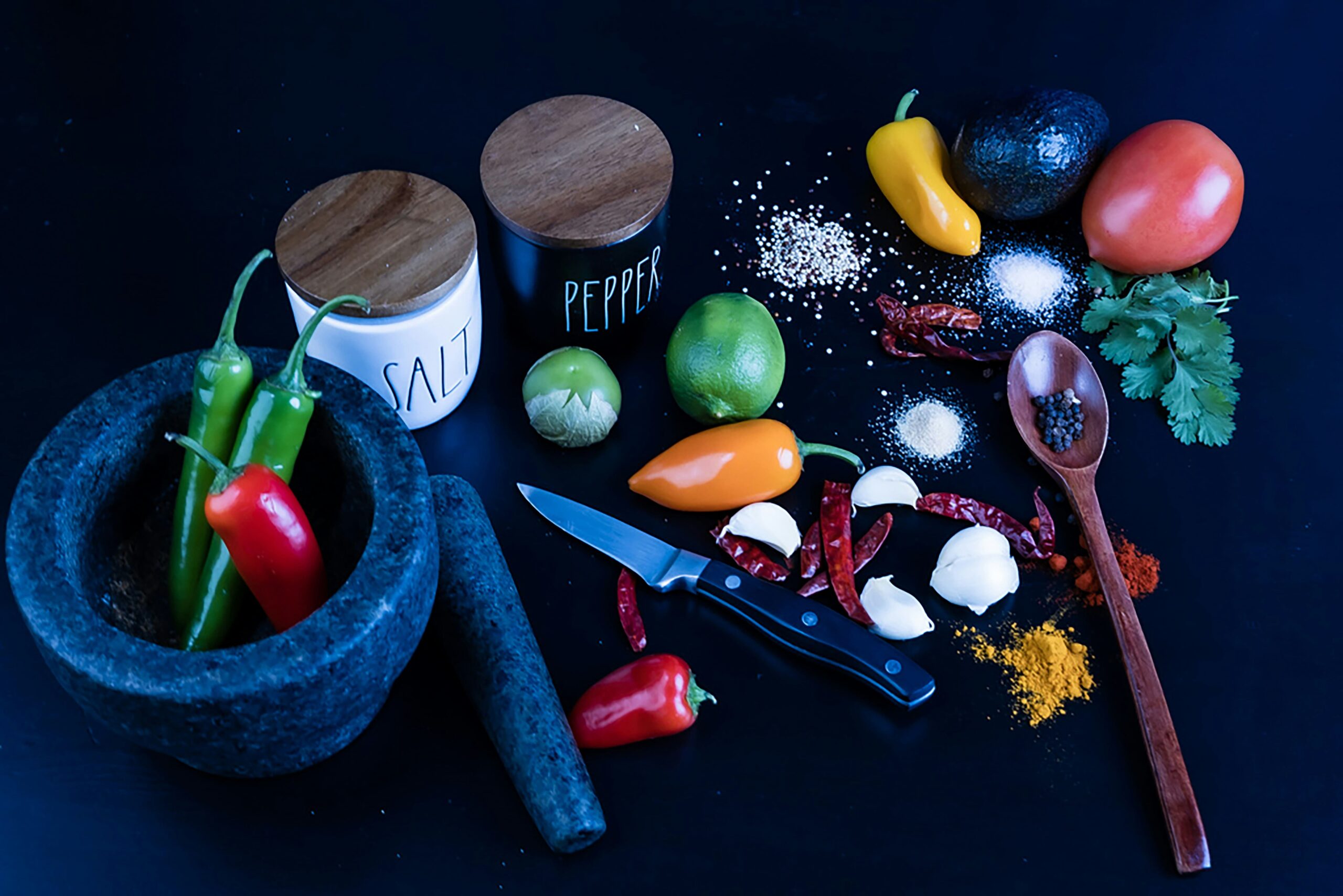
Recovery from addiction is a time of rebuilding. It’s a chance to heal physically, emotionally, and mentally. One powerful, yet often overlooked tool in this process is diet. What you eat can either support your healing—or make it harder. In this article, we explore the foods to avoid during addiction recovery, and how smart food choices can help reduce cravings, improve mood, and support long-term sobriety.
Why Diet Matters in Recovery
Substance abuse takes a toll on the body. It depletes nutrients, damages the digestive system, and disrupts blood sugar levels. Recovery is the time to repair and rebuild.
According to the Substance Abuse and Mental Health Services Administration (SAMHSA), nutrition is a key pillar of holistic recovery. A balanced diet helps the brain and body function better, reducing stress and the risk of relapse.
However, certain foods can trigger cravings, worsen mood swings, and slow the healing process. Knowing which foods to avoid during addiction recovery can help you stay on track.
1. Sugar and Sweetened Foods
Why to Avoid:
Sugar creates a temporary high by triggering dopamine, the same brain chemical involved in addiction. This can mimic the effects of drugs or alcohol and lead to relapse.
Common Culprits:
- Candy
- Pastries and cakes
- Sweetened cereals
- Soda and energy drinks
Stat: A 2018 study in Frontiers in Psychiatry found that people in early recovery who consumed high amounts of sugar had increased anxiety and stronger drug cravings.
Healthy Swap:
Try fruit, nuts, or unsweetened yogurt when you want something sweet.
2. Highly Processed Foods
Why to Avoid:
Processed foods are often full of additives, sugar, unhealthy fats, and preservatives. They provide little nutrition and can cause blood sugar spikes and crashes.
Common Culprits:
- Packaged snacks (chips, crackers)
- Frozen meals
- Instant noodles
- Fast food
These foods can increase inflammation and worsen mental health, both of which challenge your recovery.
Healthy Swap:
Prepare simple meals at home using whole ingredients like vegetables, grains, and lean proteins.
3. Caffeine
Why to Avoid:
Caffeine stimulates the nervous system and can increase anxiety, especially in early recovery. It may also disrupt sleep, which is essential for healing.
Common Culprits:
- Coffee
- Energy drinks
- Soda
- Pre-workout supplements
Stat: According to the Journal of Addiction Medicine, excessive caffeine intake is linked to increased agitation and relapse risk in early recovery.
Healthy Swap:
Switch to herbal teas like chamomile or peppermint, or limit coffee to one cup in the morning.
4. Fried and Greasy Foods
Why to Avoid:
Greasy foods are high in unhealthy fats and low in nutrients. They can make you feel sluggish and interfere with digestion, especially if your body is still recovering from substance use.
Common Culprits:
- Fried chicken
- French fries
- Burgers and fast food meals
These foods can contribute to weight gain and inflammation, which affect mood and energy levels.
Healthy Swap:
Choose grilled or baked options and use heart-healthy oils like olive or avocado oil when cooking.
5. Refined Carbohydrates
Why to Avoid:
Refined carbs break down quickly and spike blood sugar. This causes mood swings, cravings, and crashes—none of which support sobriety.
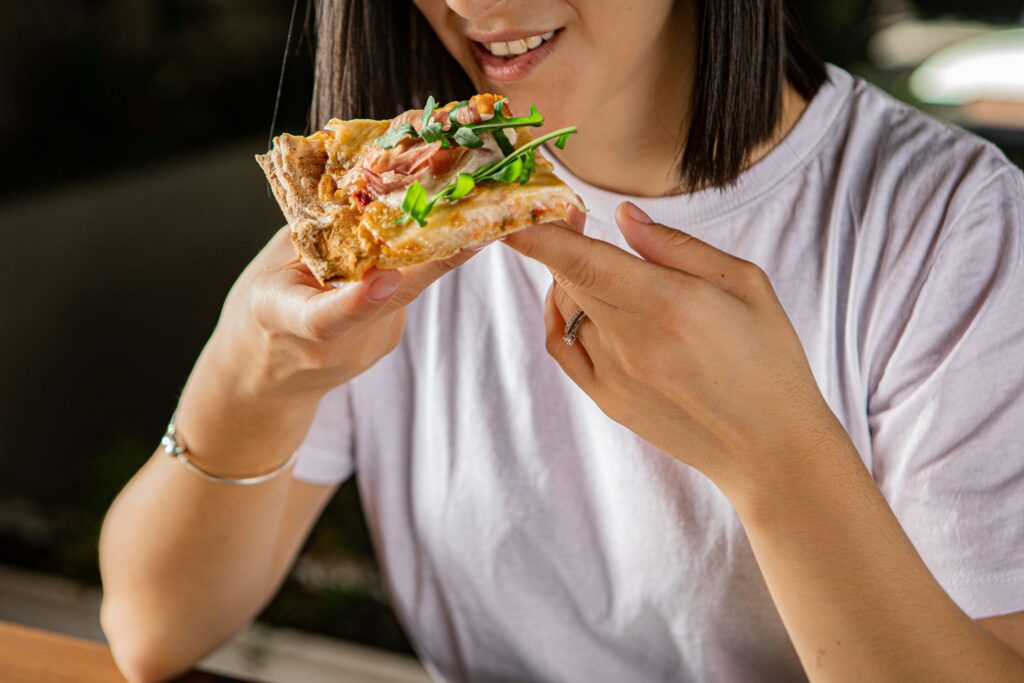
Common Culprits:
- White bread
- White rice
- Pasta made from refined flour
- Baked goods made with white flour
Healthy Swap:
Go for whole grains like brown rice, quinoa, whole wheat pasta, and oats. These stabilize energy and improve digestion.
6. Artificial Sweeteners and Additives
Why to Avoid:
These chemicals may affect brain chemistry and trigger cravings. They can also cause bloating, headaches, or digestive upset.
Common Culprits:
- Sugar-free gum
- Diet soda
- Low-fat or “light” packaged products
Healthy Swap:
Use natural sweeteners like honey or maple syrup in moderation. Stick to whole, unprocessed foods when possible.
7. Alcohol and Alcohol-Containing Foods
Why to Avoid:
Even small amounts of alcohol or foods cooked with alcohol can trigger cravings and jeopardize recovery.
Common Culprits:
- Alcohol-based sauces (like wine reductions)
- Desserts made with liqueur
- Certain mouthwashes and extracts
Tip: Read labels and ask questions when eating out. Choose alcohol-free versions of common recipes.
How Diet Affects Mood and Cravings
What you eat affects how you feel. Junk food can cause irritability, while nutrient-rich meals stabilize mood.
Here’s how food helps recovery:
- Balanced blood sugar reduces cravings.
- Vitamins and minerals support brain function.
- Antioxidants reduce inflammation and improve mental clarity.
Stat: A 2019 review in the Journal of Psychoactive Drugs found that individuals who followed a nutrient-dense diet experienced improved mood and lower relapse rates.
Practical Tips for Building a Recovery-Friendly Diet
- Meal Prep: Plan ahead to avoid impulsive choices.
- Snack Smart: Keep healthy snacks like nuts, seeds, and fruits nearby.
- Stay Hydrated: Water helps flush toxins and keep your body balanced.
- Eat Regularly: Skipping meals can lead to low energy and poor decisions.
Final Thoughts
Knowing the foods to avoid during addiction recovery is just as important as knowing what to eat. Your body is healing from the inside out, and every food choice counts.
By avoiding sugar, processed foods, caffeine, and alcohol, you give yourself the best chance to feel stronger, think clearly, and stay focused on recovery. A healthy diet supports sobriety not just physically, but emotionally and mentally too.
Recovery is not only about what you quit—but about what you nourish yourself with each day.
Sources:
- Substance Abuse and Mental Health Services Administration (SAMHSA). Nutrition and Recovery Guidelines.
- Frontiers in Psychiatry (2018). Sugar Intake and Relapse Risk.
- Journal of Addiction Medicine. Caffeine Use in Substance Recovery.
- Journal of Psychoactive Drugs (2019). Diet and Mood in Addiction Recovery.

Hi, I’m Kristi Jenkins, a passionate blogger and content writer with a love for storytelling. With years of experience in writing engaging and insightful articles, I focus on topics like mental health, lifestyle, and personal growth. My goal is to create content that inspires, educates, and connects with readers on a deeper level.














